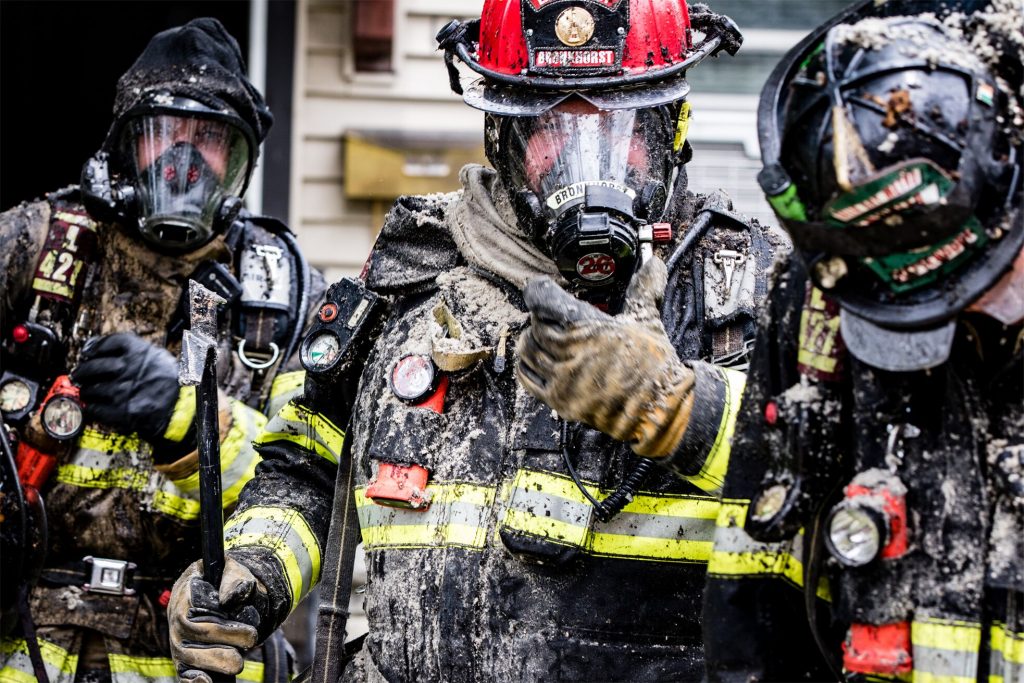Around the globe, mental health needs are being recognized and addressed. In the fire service specifically, great strides have been made regarding mental and behavioral health awareness. Elected officials are expressing a greater sense of urgency for services dedicated to the fire and first responder community. The barriers to treatment that were once in place are beginning lift.
Post-traumatic stress disorder (PTSD) is real in the fire service. Improving behavioral health awareness means understanding the urgent need for PTSD care, as well as treatment for depression and anxiety.
Fire fighters should be encouraged to seek treatment at the first sign of a problem. Untreated mental health disorders often worsen over time. Early intervention can lead to a shorter length of symptoms. Quick action is especially important for a complex disorder, such as PTSD, as untreated PTSD can lead to long-term problems.
Mental Health Stigma
Mental health providers face challenges when treating fire fighters. One challenge is the stigma associated with fire fighters seeking help. Fire fighters may not trust mental health providers to understand their problems. Mental health and medical professionals can earn trust through knowledge. Professionals who understand the fire fighter culture can make reaching out more comfortable.
At the IAFF Center of Excellence for Behavioral Health Treatment and Recovery, the staff is experienced in treating fire fighters and emergency medical personnel. Their mission is to offer treatment for PTSD and other behavioral health disorders. These providers support and help IAFF members return to their jobs.
Substance Misuse and PTSD
Fire fighters sometimes use drugs and alcohol to deal with PTSD symptoms, which can be another barrier to treatment. Fire fighters may turn to drugs and alcohol instead of talking to someone. At the time, it may feel better to deal with their pain privately instead of getting help. Unfortunately, in the long run, substance abuse often makes PTSD symptoms worse.
Individuals who struggle with substance use disorder have been found to be six times more likely to make a suicide attempt. Discussions about mental health healthcare are becoming more acceptable in the fire service. Mental health is being treated with similar respect as physical health.
How the Fire Service Can Reduce Mental Health Stigma
The fire service has developed many mental health support resources. Mental health trainings, peer support training and other programs are now available. The fire fighter community can continue to reduce mental health stigma in many ways.
- Above all, take care of your own mental and emotional health
- Learn facts and statistics about common behavioral health issues that impact the fire service
- Show empathy not only to the public but to each other
- Avoid stereotyping people or crew members who have a behavioral health disorder
- Explore peer support resources in your local or department
- Become involved in the community
- Avoid unhelpful comparisons among fellow fire fighters
- Embrace and empower others who choose to seek treatment
- Encourage people who are struggling to seek treatment
- Inform and educate the community about behavioral health
The fire service can serve as a leader to other public safety occupations by promoting behavioral health as an important component of overall health, just as physical fitness, nutrition, or heart health. This community can also continue to promote healthier living habits.
Reducing Stigma Is an Ongoing Priority for the Fire Service
All of these actions help fire fighters and emergency medical personnel fight stigma. Time is critical when a fire fighter is saving a life. This same sense of urgency is needed with behavioral healthcare in the fire service. Reducing the stigma associated with mental health can help protect those who lay their lives on the line for others every day.
If you or someone you know is living with PTSD or substance addiction, help is available. At the IAFF Center of Excellence, IAFF members can receive treatment for both substance use and co-occurring disorders. PTSD, depression and other disorders can be addressed by medical caregivers who understand the firefighting profession. Call today to speak to a representative about treatment options for substance use or mental health disorders. The call is free, confidential and there is no obligation to enroll.
Sources:
The Link Between Substance Abuse, Violence, and Suicide. Psychiatric Times. Vol. 28 No. 1 January 20, 2011.





